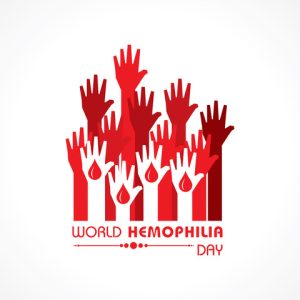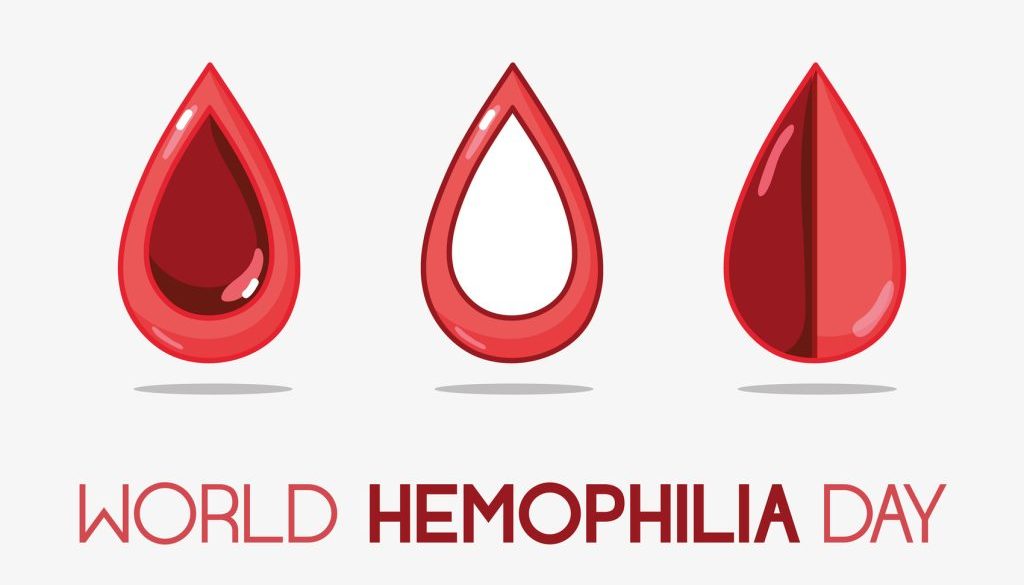Haemophilia Awareness Month – Get Your Health in Order This April
Haemophilia is a genetic disorder that impairs the body’s ability to control blood clotting or coagulation. Passed on from mothers, it is a serious condition that can lead to prolonged bleeding episodes even from minor or inconsequential injuries. In the Philippines, it is estimated that around 10,000 people are born with the disorder, and it affects men, women and children.  Haemophilia Awareness Month in the Philippines is an initiative aimed at raising awareness about haemophilia, with the month-long campaign typically involving various activities such as educational seminars, workshops, fundraising events, and media campaigns to educate the public. It originated to shed light on this largely unknown and often unheard-of condition. Highlighting the disorder, its symptoms, various treatment options, and the challenges faced by those living with the condition and their families are of utmost importance.
Haemophilia Awareness Month in the Philippines is an initiative aimed at raising awareness about haemophilia, with the month-long campaign typically involving various activities such as educational seminars, workshops, fundraising events, and media campaigns to educate the public. It originated to shed light on this largely unknown and often unheard-of condition. Highlighting the disorder, its symptoms, various treatment options, and the challenges faced by those living with the condition and their families are of utmost importance.
As with many conditions, raising awareness is crucial to improving early detection, access to appropriate treatment, and support services for individuals with haemophilia and their families. By increasing awareness and understanding, advocates strive to reduce the stigma associated with the condition, promote inclusivity, and empower Filipinos affected by haemophilia to lead fulfilling and long lives.
During the month, local haemophilia associations, healthcare organisations, government agencies, and advocacy groups collaborate to organise events and initiatives. This helps to reach a wider audience and make a meaningful impact in the lives of those affected by the disorder.
To determine your predisposition to genetic conditions such as Haemophilia can be as easy as a simple DNA test. EasyDNA Philippines offers the Inherited Diseases Panel, which will analyse your DNA profile to see if it contains key markers associated with the development of a particular disease. The Inherited Disease Panel tests for over 300 genes with over 700 unique inherited diseases, including neuromuscular, cardiovascular, developmental, and metabolic diseases including Haemophilia A and B. This test will enable you to take control of the future of your health. Knowing if you are at risk or not will enable you to take the necessary steps to prevent the onset of a variety of genetic conditions, or to prepare in the event of a formal diagnosis.
By analysing an individual’s DNA, genetic testing can determine whether they carry the mutated gene responsible for haemophilia. This information is crucial for predicting the likelihood of passing the disorder to offspring. Early detection enables proactive management and intervention, improving the quality of life for affected individuals. Advancements in genetic testing techniques, such as next-generation sequencing, have enhanced the accuracy and efficiency of haemophilia diagnosis.

In essence, genetic testing empowers individuals with invaluable insights into a range of inherited diseases and conditions. This results in better management strategies and improves patient treatment outcomes.
Within Haemophilia Awareness Month falls World Haemophilia Day on April 17, with a 2024 theme of Equitable Access for All: Recognising all Bleeding Disorders. Experts encourage the continued journey towards a world where people with all types of haemophilia has access to diagnosis, treatment, comprehensive care and understanding.




